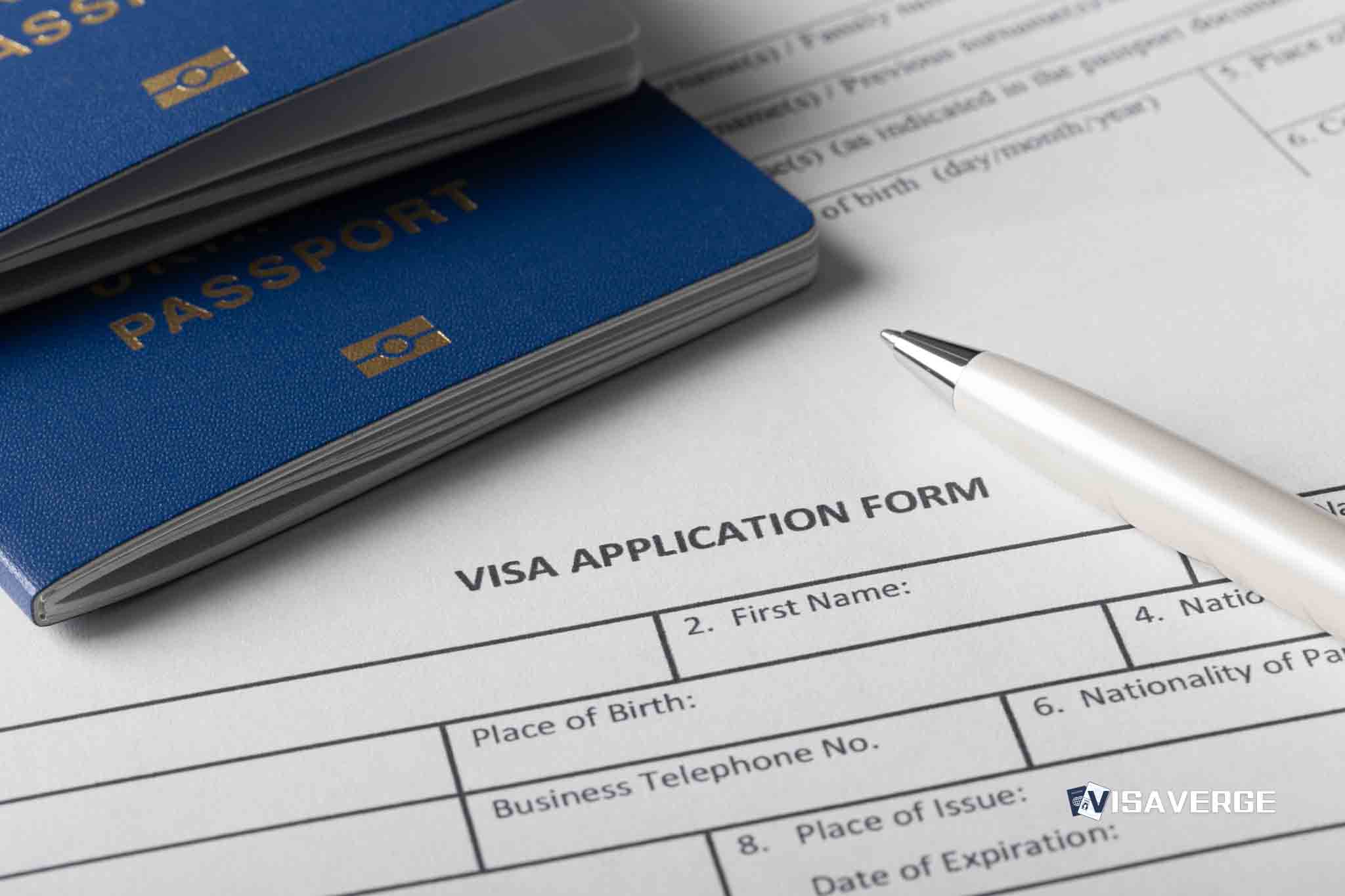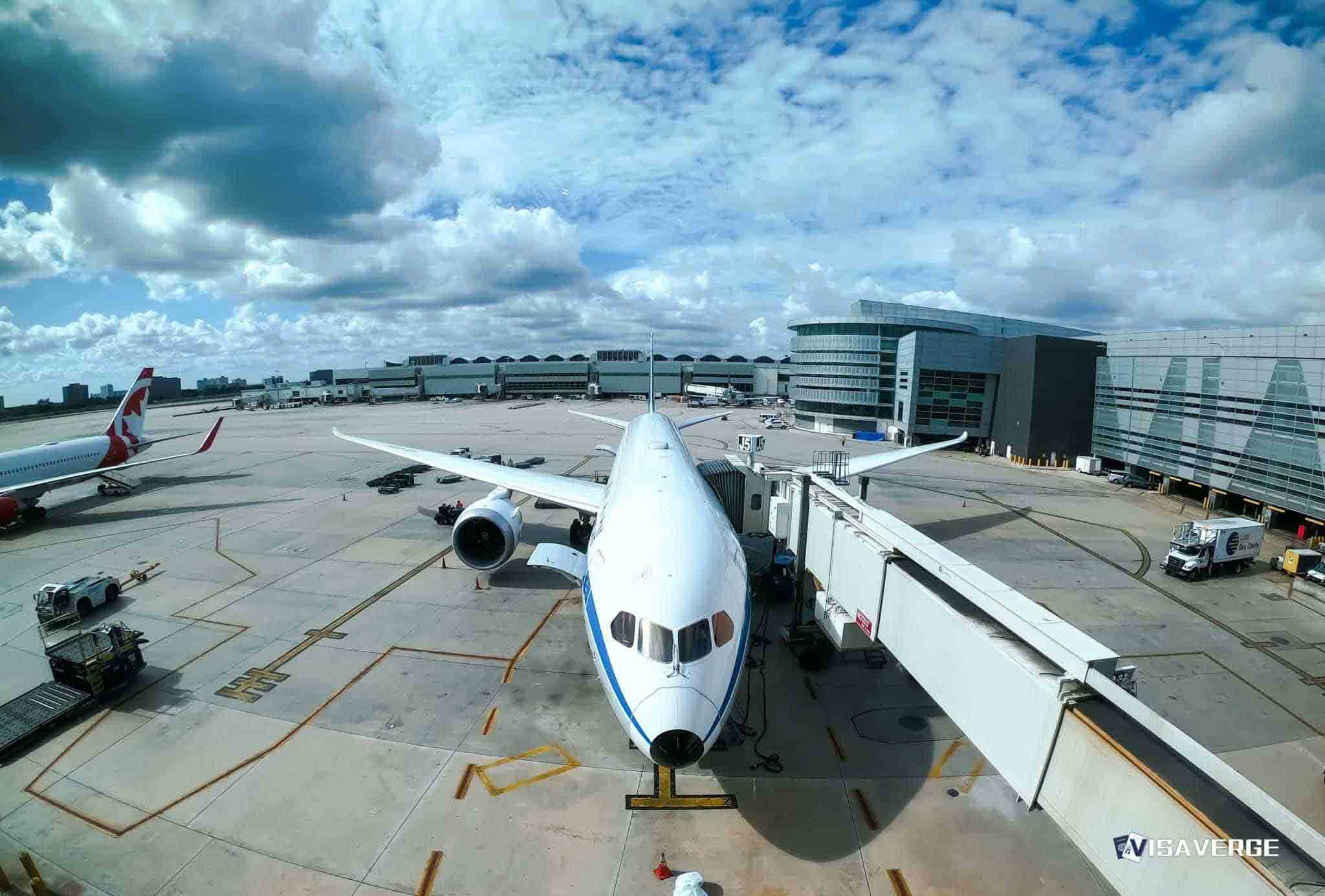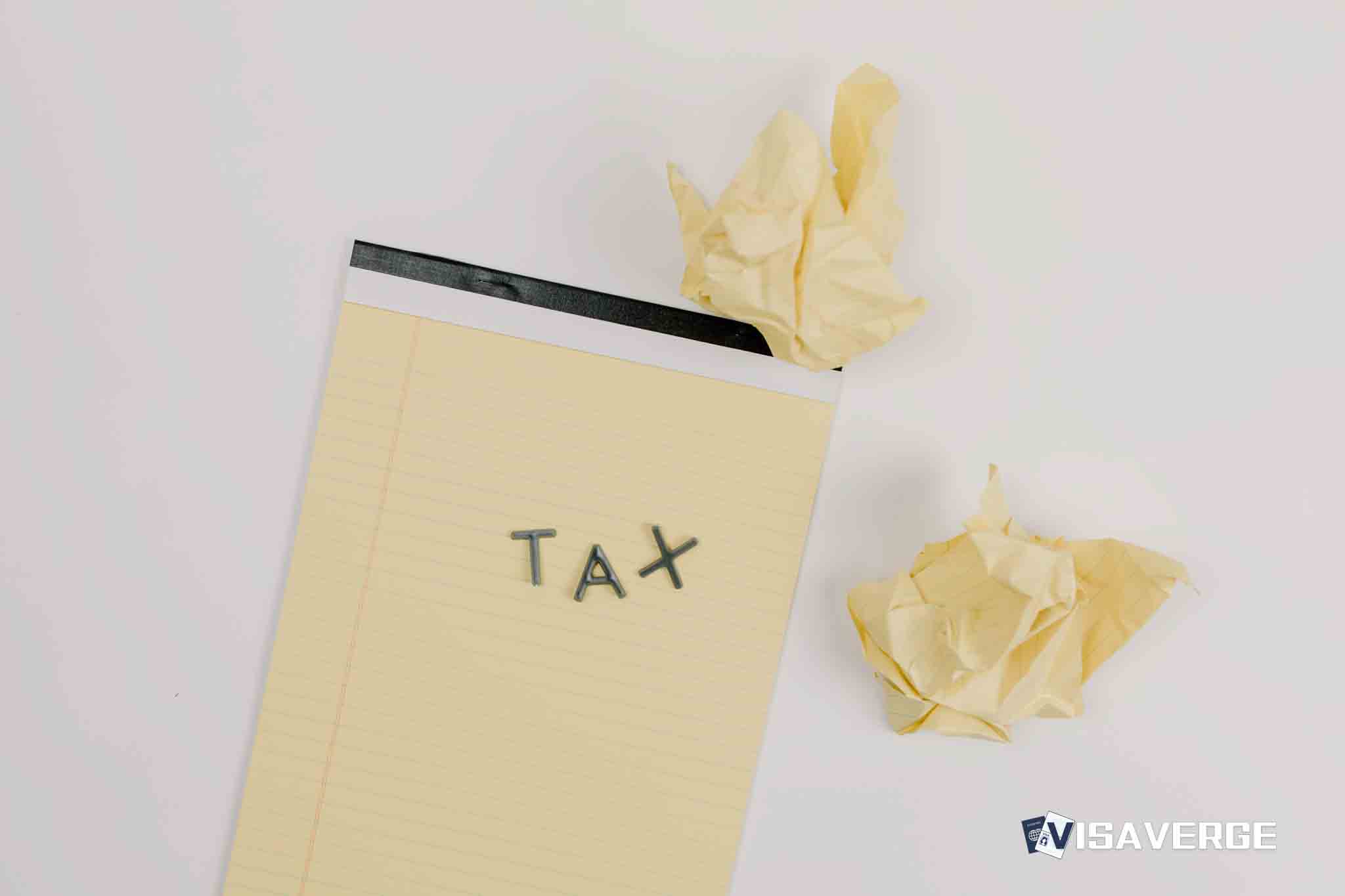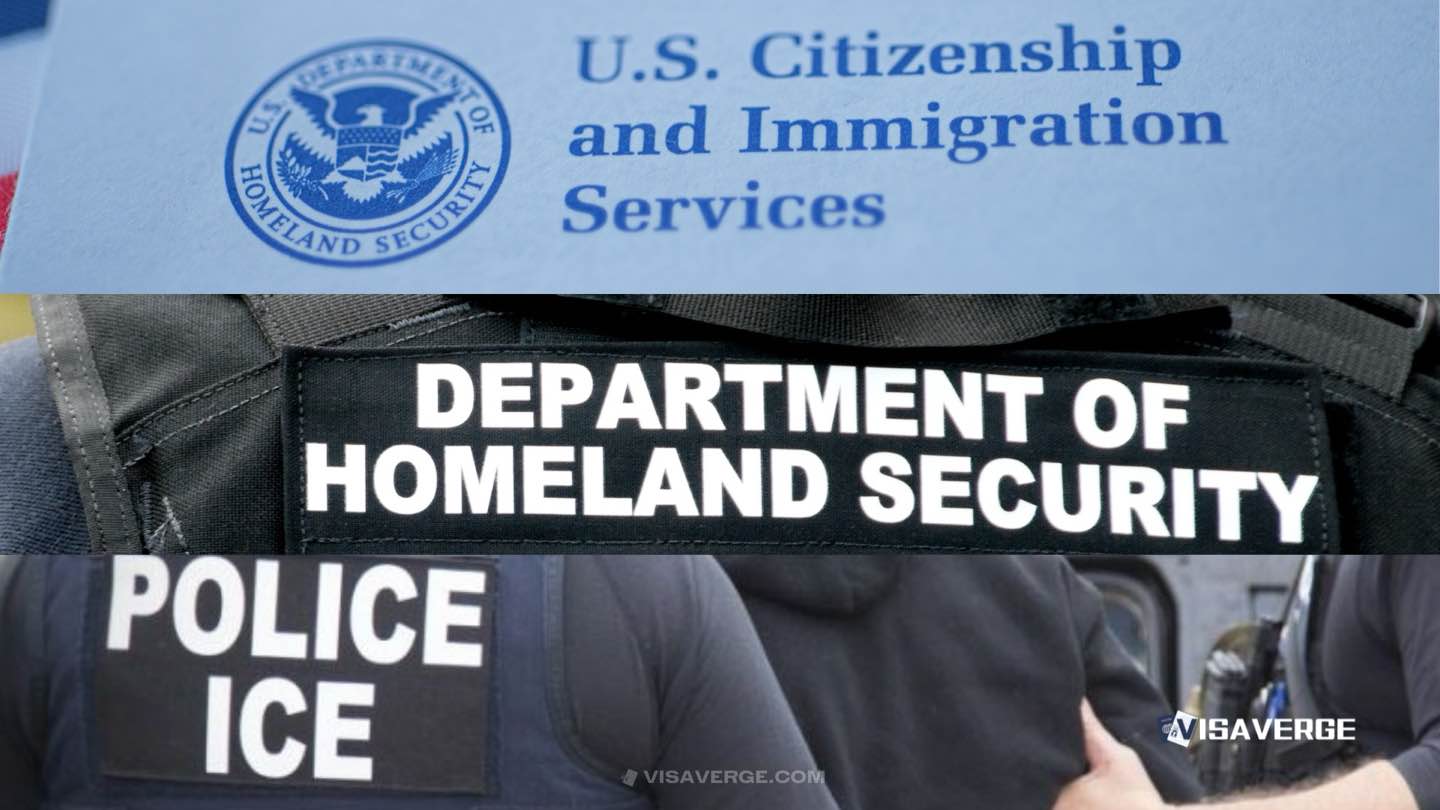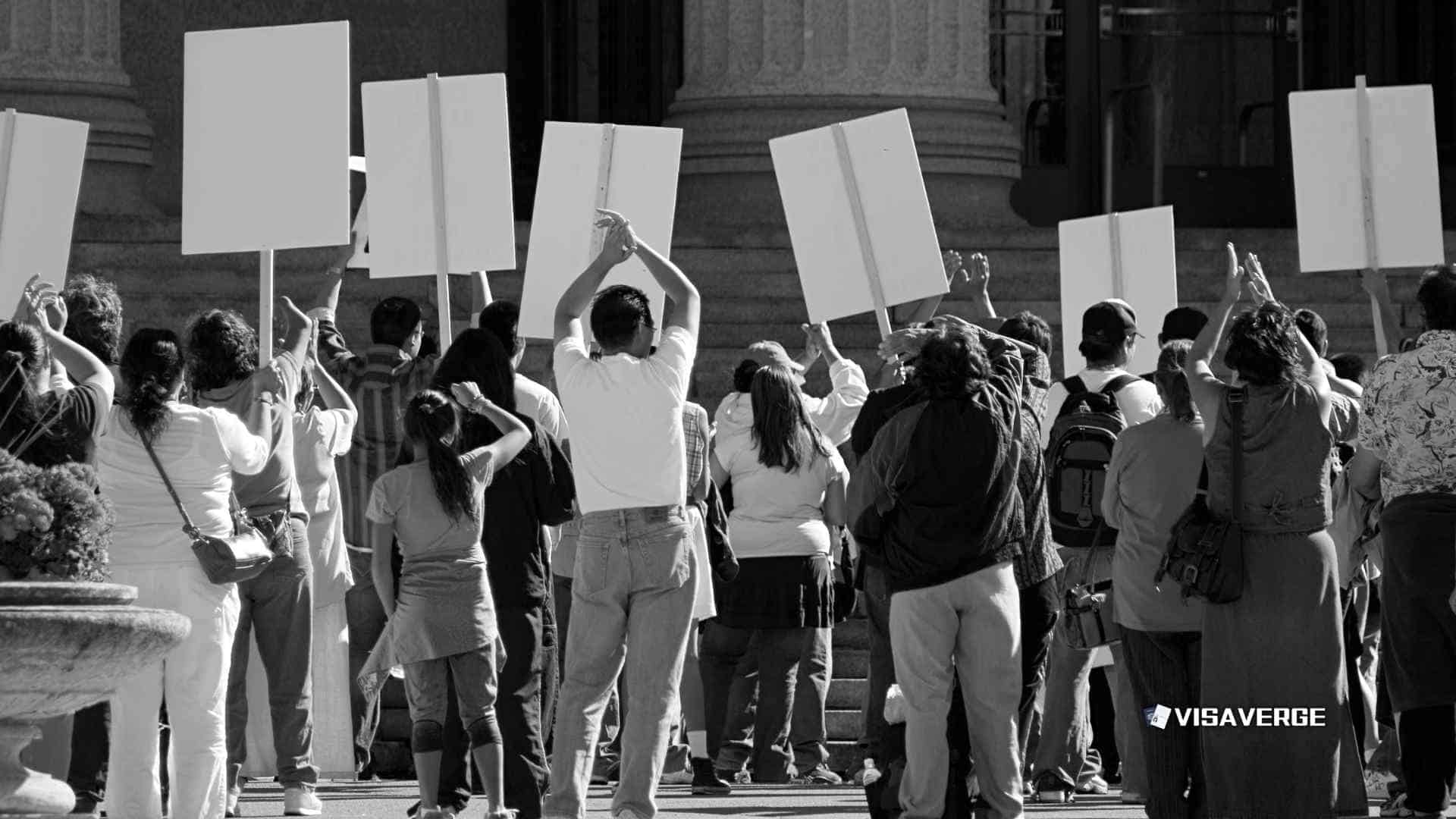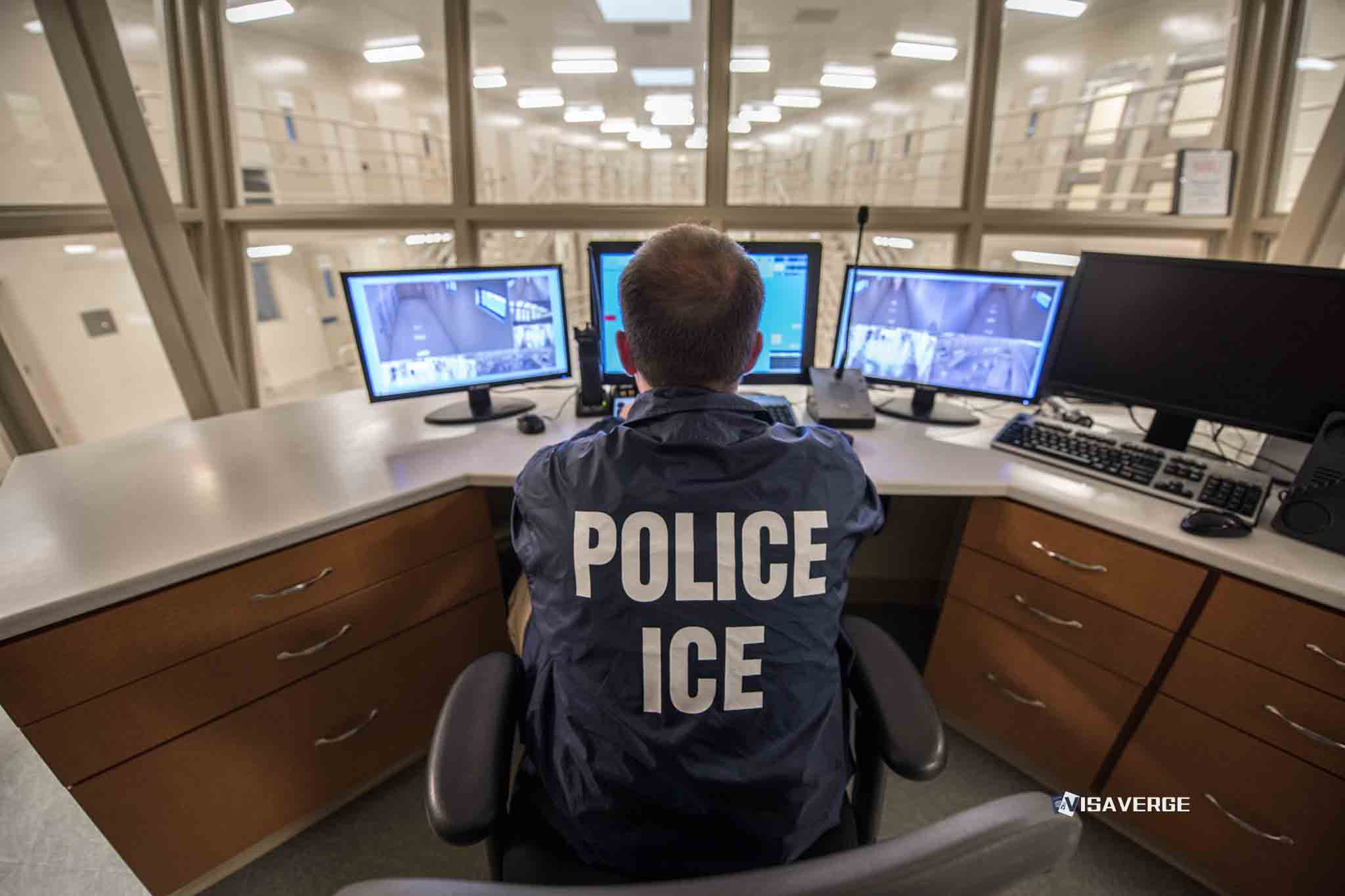Indian students applying for the F-1 visa at the Delhi consulate face a sharp rise in rejections, with many hearing, “Apply again, right now can’t grant you,” from visa officers. As of August 1, 2025, this trend reflects stricter enforcement of Section 214(b) of the U.S. Immigration and Nationality Act, which requires applicants to prove they plan to return to India after their studies.
Rising Denial Rates and Immediate Impact
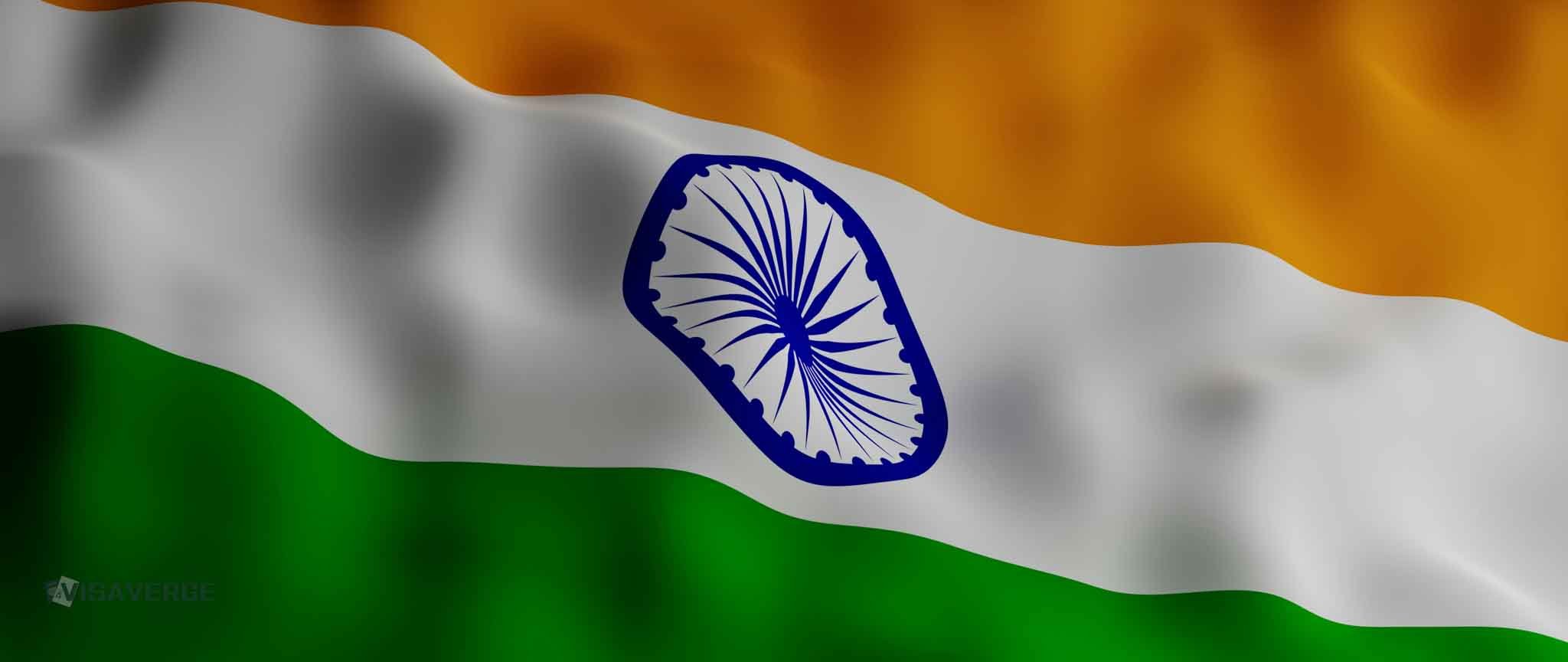
The F-1 visa rejection rate for Indian students has climbed from 36% in 2023 to 40% in 2024, and it has jumped by another 20% in 2025. This makes it the highest rate in a decade. Out of about 679,000 F-1 visa applications in 2023–24, around 279,000 were denied. India sent over 331,000 students to the United States 🇺🇸 during this period, but many now face more hurdles than ever before.
Visa officers at the Delhi consulate and other locations are applying Section 214(b) more strictly. This law assumes every applicant wants to immigrate unless they can prove strong ties to India and a clear plan to return home. Officers often make decisions quickly, sometimes after just one answer that seems vague or inconsistent.
Common Reasons for F-1 Visa Rejection
Applicants are often denied for several reasons:
– Failure to show intent to return to India: Officers look for strong family, job, or property ties.
– Unclear academic or career plans: Vague answers about why a student chose a certain university or program can lead to rejection.
– Weak financial documentation: If funding sources are not clear or seem unreliable, officers may doubt the student’s ability to pay for studies.
– Poor interview performance: Inconsistent, memorized, or unclear answers can hurt an applicant’s case.
– Applying to “over-targeted” universities: Schools with many visa denials or little name recognition may raise red flags.
– Weak communication skills: Not being able to explain goals or plans clearly can lead to a quick denial.
For example, one Delhi student with strong grades was denied after giving a brief, unclear answer about why he chose his university and how he would pay for it. Another student lost her chance because she said her uncle “shall sponsor” her, instead of providing clear proof of financial support.
The Consular Officer’s Role and Interview Dynamics
Visa officers are trained to look at the whole picture—academic records, finances, family ties, and intent. They ask focused questions and expect clear, honest answers. Interviews are often short, and officers may not allow applicants to explain at length. Even small mistakes or unclear answers can lead to a denial.
Pushkar Kumar from Bluehawks EduAbrod explains, “Visa officers rely heavily on the interview and documentation to assess credibility, and even minor inconsistencies can lead to rejection.” Many students share their experiences on Reddit and YouTube, describing the stress and disappointment of being denied, sometimes after just a few questions.
What Happens After a Rejection?
If an F-1 visa is denied under Section 214(b), students can reapply at any time. There is no waiting period, but it is important to address the reasons for the earlier denial. Applicants should update their documents, clarify their academic and career plans, and make sure they can show strong ties to India.
If a visa is refused under Section 221(g), it means more processing is needed. In this case, students must wait for the embassy to finish its review. If the start date on the Form I-20 (the official student form) is near, students should ask their school for an extension or a new I-20 and inform the embassy. The official U.S. Embassy & Consulates in India Nonimmigrant Visa page provides up-to-date information on these procedures.
Booking Visa Appointments and Preparing for the Interview
As of July 2025, F-1 visa appointment slots are available at the Delhi consulate and other locations, with the earliest dates from late July to mid-August. Students should book their slots as soon as possible and prepare carefully. The application process and fee details are available at U.S. Visa Information and Appointment Services.
How to Improve Your Chances
To avoid rejection, students should:
– Show strong ties to India: Bring proof of family, property, or job offers in India.
– Prepare clear academic and career plans: Be ready to explain why you chose your university and how it fits your goals.
– Provide solid financial documents: Show bank statements, sponsor letters, and proof of income.
– Practice interview skills: Give honest, direct answers. Avoid memorized or vague responses.
– Choose universities wisely: Apply to schools that match your background and have a good reputation.
Community and Expert Advice
Educational consultants and former applicants stress the importance of preparation. “You need to be clear and confident about your plans,” says a recent applicant who succeeded after a second try. Community forums highlight the emotional toll of rejections and the need for support from family and advisors.
Background and Policy Context
The rise in F-1 visa denials for Indian students reflects a broader tightening of U.S. visa policies. The government wants to prevent visa misuse and ensure that students return home after their studies. This means students must work harder to prove their intent and credibility.
According to analysis by VisaVerge.com, the increase in denials has led many students and advisors to focus on better documentation and interview preparation. They recommend practicing answers, gathering strong evidence of ties to India, and choosing universities that fit the applicant’s profile.
Looking Ahead
No major policy changes have been announced to make the F-1 visa process easier for Indian students. The current trend suggests that strict scrutiny will continue. Students and advisors expect that showing unique academic plans and strong ties to India will remain key to success.
Practical Steps for Applicants
- Reapply if denied: Address the reasons for denial and improve your application.
- Monitor appointment slots: Book early and check for updates.
- Use official resources: Visit the U.S. Embassy & Consulates in India Nonimmigrant Visa page for the latest information.
- Prepare thoroughly: Practice your interview, organize your documents, and be ready to explain your plans.
F-1 visa rejections at the Delhi consulate are challenging, but with careful preparation and clear documentation, many students succeed on a second attempt. Stay informed, stay organized, and seek help if needed to improve your chances of studying in the United States 🇺🇸.
This Article in a Nutshell




